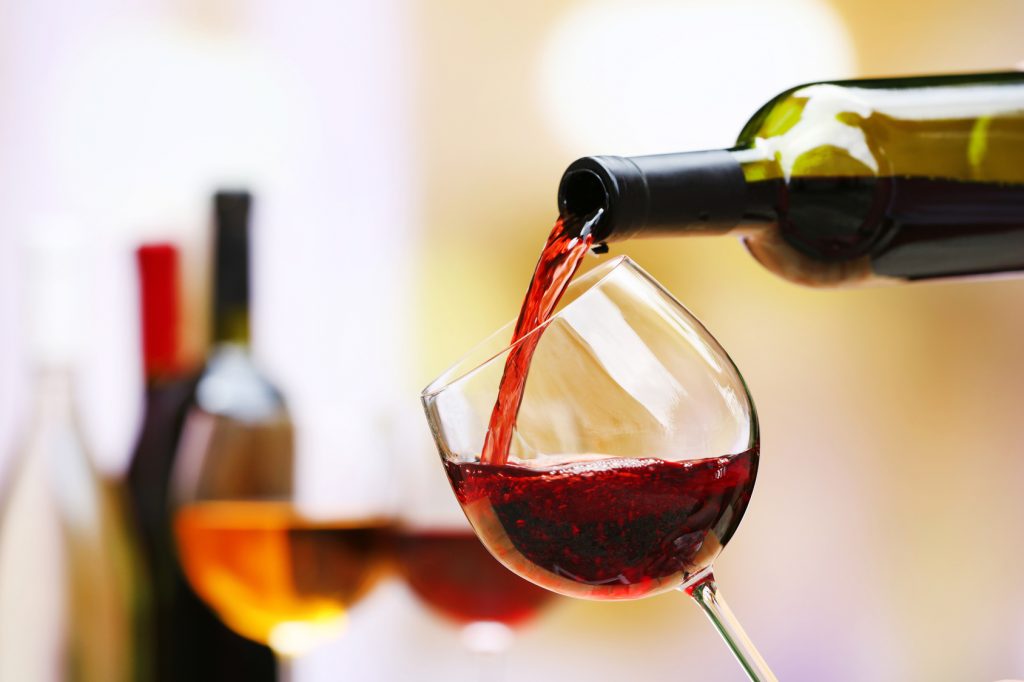This is the fourth in a series of articles about substances that can damage concrete.
Wine is the oldest alcoholic beverage. Fermented grape juice has a long history and its manufacture is very important to the Northern California economy and our enjoyment of the many “farm to fork” products available in Sacramento. Yet those involved in fermenting grape juice do well to consider the potential damage this tasty liquid can do to a concrete floor.
Wine is Acidic
The typical pH measurement of wine falls between 2.5 and 4 pH. This means that wine is a very acidic drink (generally speaking, red wines are the least acidic, while white wines are more acidic). That acidity comes primarily from the major acids found in grape juice and wine: tartaric and malic acid.
Acids damage concrete and other substances by making hydrogen ions available to react with other molecules. Hydrogen readily breaks up other compounds to make new ones. When acids corrode a substance, they are basically chemically breaking apart that substance and creating something else by adding free hydrogens. Concrete is only stable if it remains exactly the way it was created. Add a bunch of free hydrogen ions to the concrete matrix and it starts to fall apart.
Preventing Acid Damage to Concrete
Although concrete is very strong and easy to work with during construction, it is also porous. So if acid is left to sit on a concrete floor, it seeps into these pores and starts to do damage. Even the water used to clean up the acid can cause problems over time, leading to unsightly surface leaching, cracks and rust on the steel reinforcement bars inside the concrete. The solution is completely sealing the concrete floor by applying an epoxy coating.
Besides protecting the concrete from acid and water damage, epoxy coatings also are available in non-slip formulas that make cleanup easier and safer. The typical winery does its best to avoid spillage, because that represents loss of product. Still, it is not unusual during operations for fluid to be on the floor, either from accidents or for sanitation. Therefore, wineries and even home vintners can benefit from seeking the expert consultation of California Custom Coatings for sealing their concrete quickly, effectively, economically and efficiently.
For a free consultation and quote for providing concrete coatings at your facility, contact California Custom Coatings online or by calling 916-612-2399.
